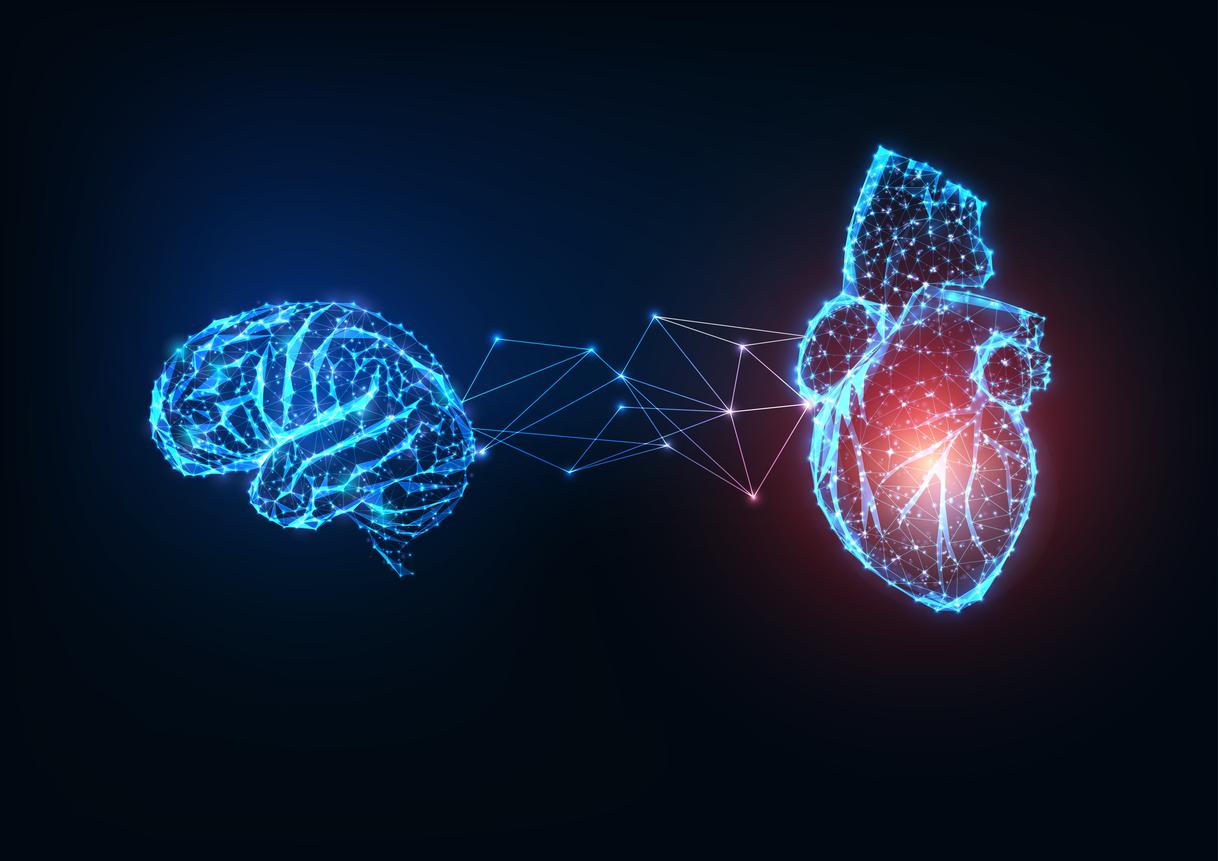The human brain would analyze all the sensory stimuli it receives thanks to those it has already encountered in the past. Explanations.

- Sensory stimuli are analyzed through the brain’s past experiences.
- Depending on the individual, sensory adaptation will be different, that is to say more or less slow.
It is well known, experience is a very good way to learn. But how far? According to a study published in the journal NatureCommunications, it would also be valid for the human brain! Indeed, according to the researchers, the brain would use its past experiences on a daily basis to function: when something happens – noise, light, sound, etc. -, this organ receives one or more sensory stimuli. His perception of it would depend on the stimuli he has already analyzed in the past.
The brain uses the past to analyze tactile stimuli
Researchers first discovered that a single vibration made to a human’s fingertip – a so-called tactile sensory stimuli – would determine how all subsequent vibrations would be judged. Based on this observation, they created the same algorithms that the brain uses to perceive each new tactile sensation, based on the stimuli it has previously encountered, that is, its recent sensory history. “When we adjust to a quiet voice, how does our perception of loudness adjust to allow us to pick up words?asks Iacopo Hachen, first author of the publication. The general rule, resulting from our study, is that ongoing experiences are based on the perception of stimuli that have occurred in the recent past.t.” However, during their work, the scientists only analyzed tactile stimuli. “Although the experiments and the mathematical model (led or developed by the authors) limited to the sense of touch, we are convinced that the algorithms will apply to other sensory modalities”, says Sebastian Reinartz, co-author of the study. The researchers intend to continue their work in this direction.
Stimulus after stimulus, the sensory channel is refined
In detail, the researchers observed that even if the stimuli were very short – less than a second – they left a trace in the brain for nearly a minute. These traces accumulate and generate a perception bias. Over time, the information collected stimuli after stimuli therefore leaves a long-term trace in the brain, which allows it to refine its sensory channel. But what happens in the event of new stimuli? The response differs from one individual to another because the stimuli do not have the same impact. People whose brain uses more distant memory to analyze a sensation are more precise in detecting stimuli. But, the counterpart is that these same individuals find it more difficult to adapt to a new context because they are slower to analyze it. In situations where the environment changes – like going back and forth between a noisy room and a quiet office – this can be disadvantageous because sensory adaptation will be slower.
Continue research to better understand
During their experiments, the scientists analyzed this phenomenon of analysis of stimuli thanks to previous perceptions both in humans and in rats. They believe that the nervous systems of many species could also work in this way. The rest of their research will aim to determine which ones precisely but also to understand where memories of stimuli are stored in the brain and how they interact with the present.
.















